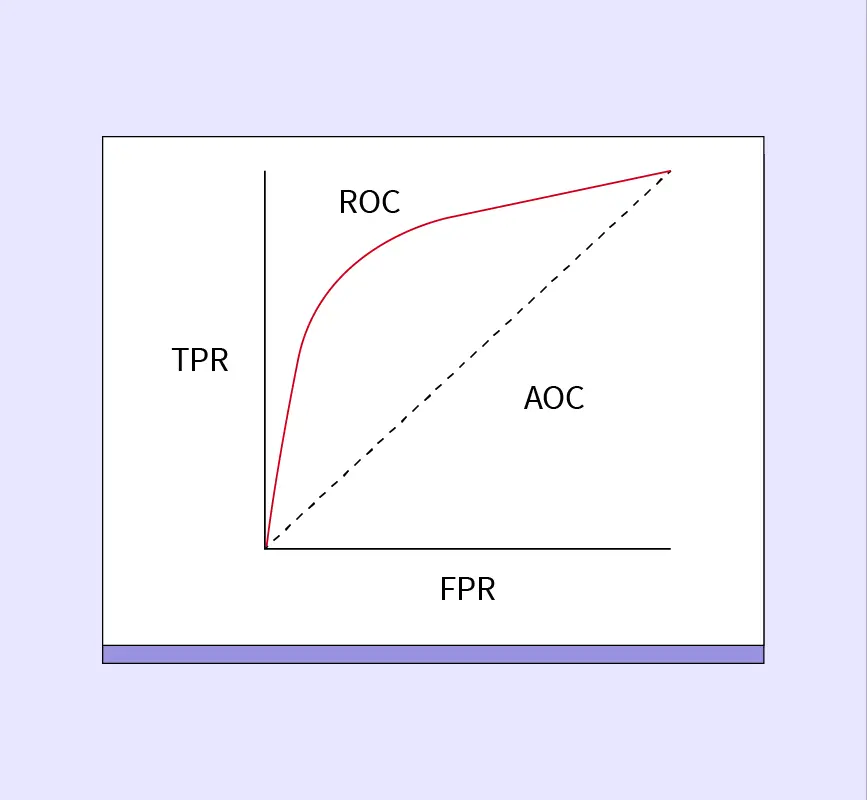Data analytics is the process of analyzing raw data to uncover patterns, trends, and actionable insights. In today’s business landscape, it has become a cornerstone of decision-making, enabling companies to navigate complexities with precision and confidence. By leveraging data analytics, businesses can make informed decisions, improve operational efficiency, and respond proactively to market demands. It empowers organizations to optimize resources, enhance customer experiences, and drive innovation. This article highlights five key benefits of data analytics, showcasing how it empowers businesses to thrive in a competitive and data-driven world.
1. Personalize the Customer Experience
Data analytics empowers businesses to understand customer preferences and behaviors by analyzing vast amounts of data from various sources, such as purchase histories, website interactions, and social media activity. By identifying patterns and trends, businesses can create tailored experiences that resonate with individual customers.
For instance, platforms like Netflix and Amazon use data analytics to offer personalized recommendations, keeping users engaged and satisfied. Retailers leverage analytics to develop targeted marketing campaigns, ensuring their messaging aligns with customer interests.
The impact is significant: personalized experiences lead to enhanced customer satisfaction, increased loyalty, and better retention. Businesses that prioritize personalization build stronger relationships with their customers, gaining a competitive edge in the market.
2. Inform Business Decision-Making
Data analytics plays a crucial role in guiding strategic decisions by providing actionable insights derived from complex datasets. Businesses can analyze current market trends, customer behavior, and operational performance to make informed choices that align with their objectives.
For example, market trend analysis helps businesses understand shifting consumer demands, while competitor benchmarking allows them to identify gaps and refine their strategies. These insights enable companies to anticipate changes and adapt proactively.
The impact is transformative: by reducing uncertainty, data analytics helps organizations minimize risks and focus on growth opportunities. Businesses equipped with data-driven decision-making capabilities can navigate challenges with confidence and maintain a competitive edge.
3. Streamline Operations
Data analytics optimizes business operations by identifying inefficiencies and offering actionable insights for improvement. By analyzing workflow data, organizations can pinpoint bottlenecks, allocate resources more effectively, and enhance overall productivity.
For example, in inventory management, analytics helps businesses forecast demand accurately, reducing overstocking and stockouts. In supply chain optimization, data analytics ensures seamless logistics by identifying delays and improving delivery schedules.
The impact is substantial: businesses can reduce operational costs, maximize resource utilization, and achieve higher efficiency. By streamlining processes through data-driven strategies, organizations can improve productivity while maintaining a lean and agile approach to operations.
4. Mitigate Risk and Handle Setbacks
Data analytics helps businesses proactively anticipate and mitigate risks by identifying patterns and anomalies in data. Through predictive insights, organizations can prepare for potential challenges, reducing the likelihood of costly disruptions.
For example, in fraud detection, analytics systems analyze transaction data to flag unusual activities, preventing financial losses. Similarly, in predictive maintenance, data analytics monitors machinery performance, identifying signs of wear and tear to schedule repairs before failures occur.
The impact is clear: businesses can minimize potential losses, enhance operational stability, and improve resilience against unexpected setbacks. By leveraging data analytics, organizations can build a robust framework to handle risks effectively and ensure long-term success.
5. Gain a Competitive Advantage
Leveraging data analytics enables businesses to stay ahead of competitors by providing insights that drive strategic innovation and agility. By analyzing data, organizations can identify emerging market trends and adapt their strategies quickly to meet changing customer demands.
For instance, companies use analytics to monitor competitor performance, uncover market gaps, and introduce new products or services tailored to customer needs. This proactive approach ensures they remain relevant and innovative in a rapidly evolving landscape.
The impact is profound: data analytics strengthens market position, fosters a culture of continuous improvement, and empowers businesses to outperform competitors. Organizations that embrace analytics gain the foresight to anticipate challenges and seize opportunities, ensuring sustained growth and success.
Conclusion
Data analytics is a powerful tool that empowers businesses to personalize customer experiences, make informed decisions, streamline operations, mitigate risks, and gain a competitive advantage. These five benefits showcase its transformative potential in driving growth and operational efficiency.
In today’s data-driven world, adopting data analytics is essential for staying competitive and thriving in an ever-evolving marketplace. Businesses that embrace analytics are better equipped to adapt, innovate, and achieve long-term success.
References:


